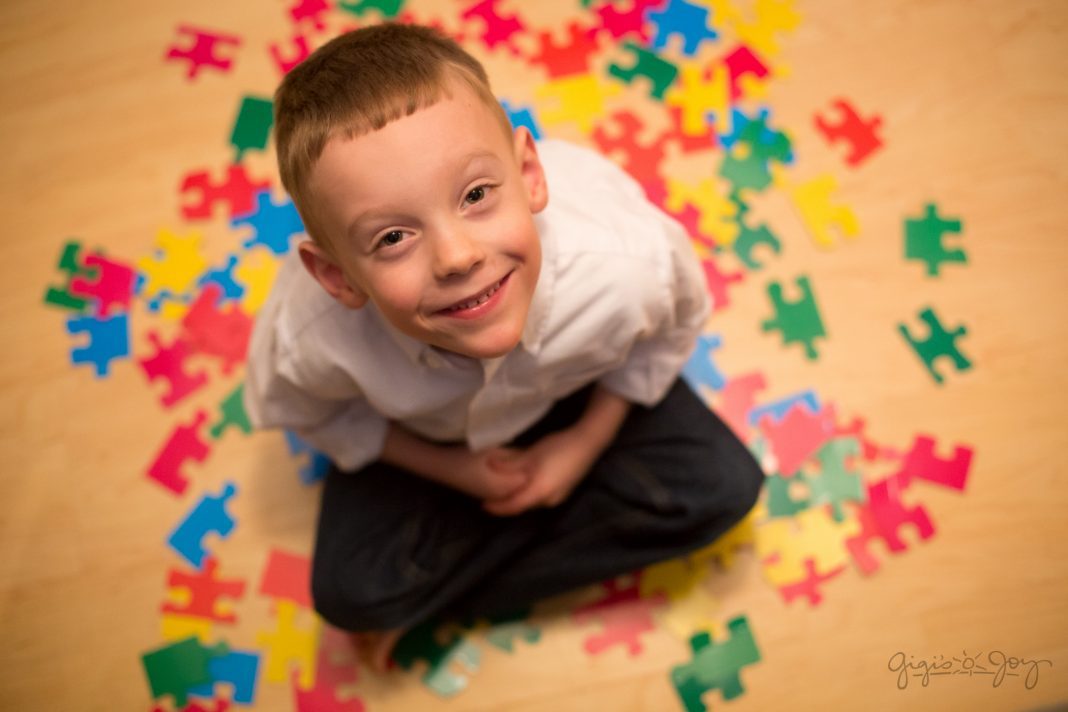Autism spectrum disorder is distinguished by difficulties interacting socially, facing challenges with communication and tendency performing a repetitive behavior. However, the symptoms vary among children. Some may relatively have mild challenges while for others the symptoms can remain severe. The difficulty is speaking language can affect everyday life. Autism is a life-long condition; therapies can only reduce the symptoms by increasing skills and abilities.
What age autism starts to show among babies?

Autism appears early stages of development among children. Children aging between 12 months to 18 months will start showing the signs of the disorder. Many parents ignore the early sign of autism and they don’t consider the situation seriously until the child doesn’t start talking at a particular age. Most children with the disorder are not diagnosed after the age of 3. Early detection of the disease can improve the outcomes.
Early warning signs of autism

If your toddler doesn’t:
- Make eye contact like watching you while feeding.
- Responds to cuddling or when you call her name.
- Following objects visually when you point out things.
- Noticing when you get yourself hurt.
- Making noise to gain your attention.
- Imitating your facial expression.
Signs in older children
Signs of speech difficulty:

- Not able to understand simple direction and questions.
- Finding difficulty communicating their needs.
- Using wrong words and making grammatical errors.
- Talk in an odd rhythm or pitch.
- Not able to answer a question properly.
Sign of social difficulties:

- Doesn’t know how to play with toys in a creative way.
- Don’t know how to make friends or to play with them.
- Has a problem to express their feelings.
- Prefer not to be cuddled or touched.
- Don’t hear when others talk to them.
- Not ready to share an interest with others.
Signs of inflexibility:

- Spends a long time focusing object like the ceiling fan or wheels of a toy car.
- Repeats the same movement again and again.
- Shows difficulty adapting to changes in the environment.
Signs of gestural communicative issues:

- Avoiding eye contact with you when you are speaking to them.
- Very sensitive to loud noise. Reacts in an unusual way to smell and sights.
- Fail to understand other people’s facial expression or tone of voice.
If you ever noticed these signs or symptoms of autism, it’s good to get your child screened with your pediatrician. There are specialized screening tools available to detect the risk of the disorder. If your doctor identifies any possible sign of autism, your child will be referred to a specialist for further treatment.

















